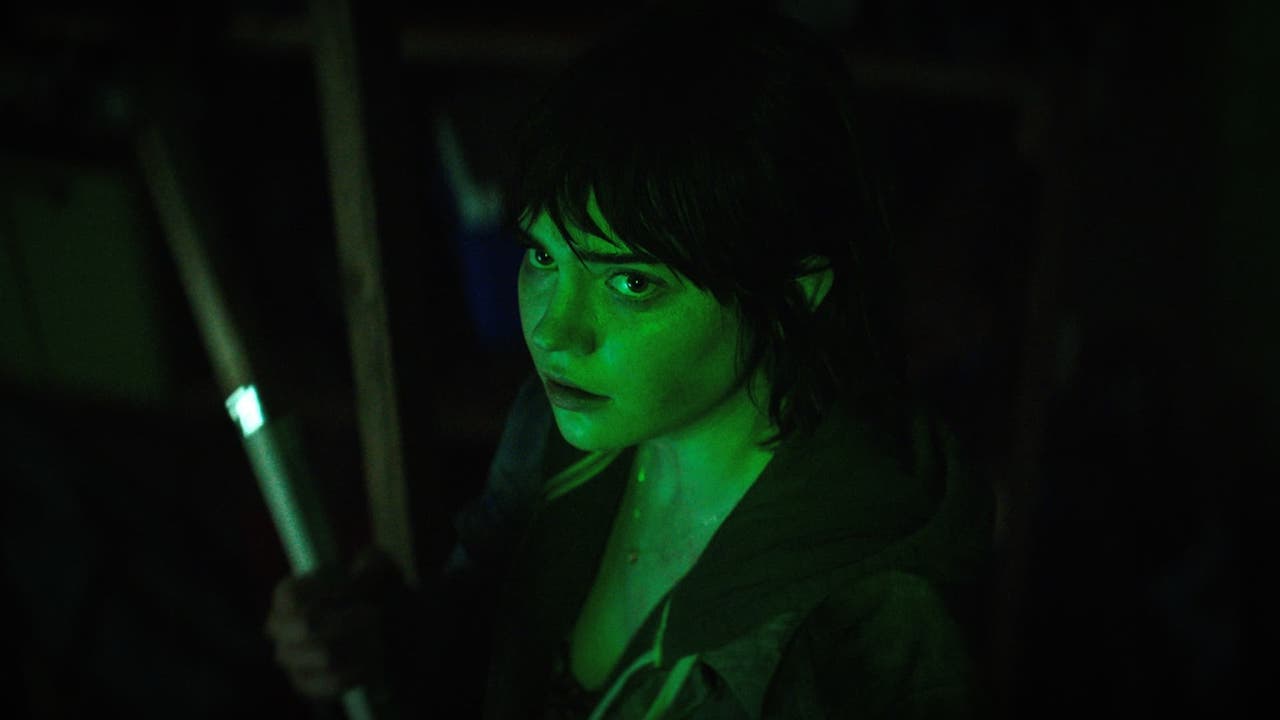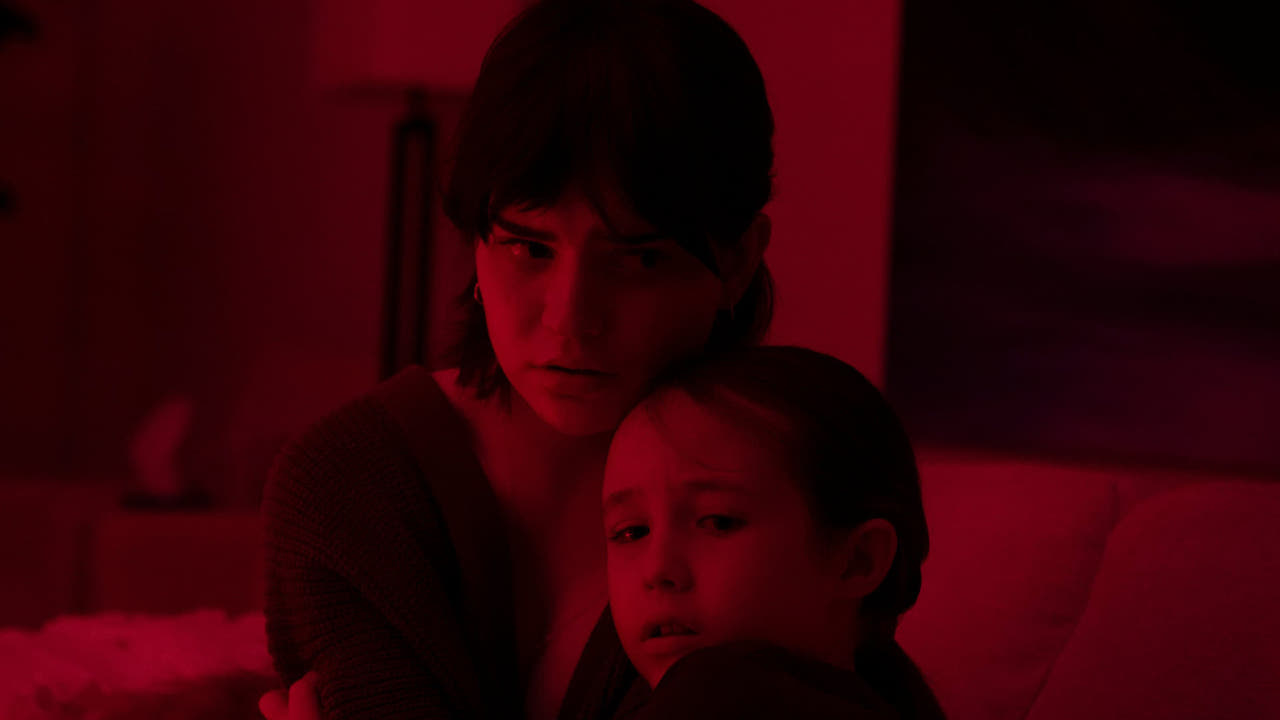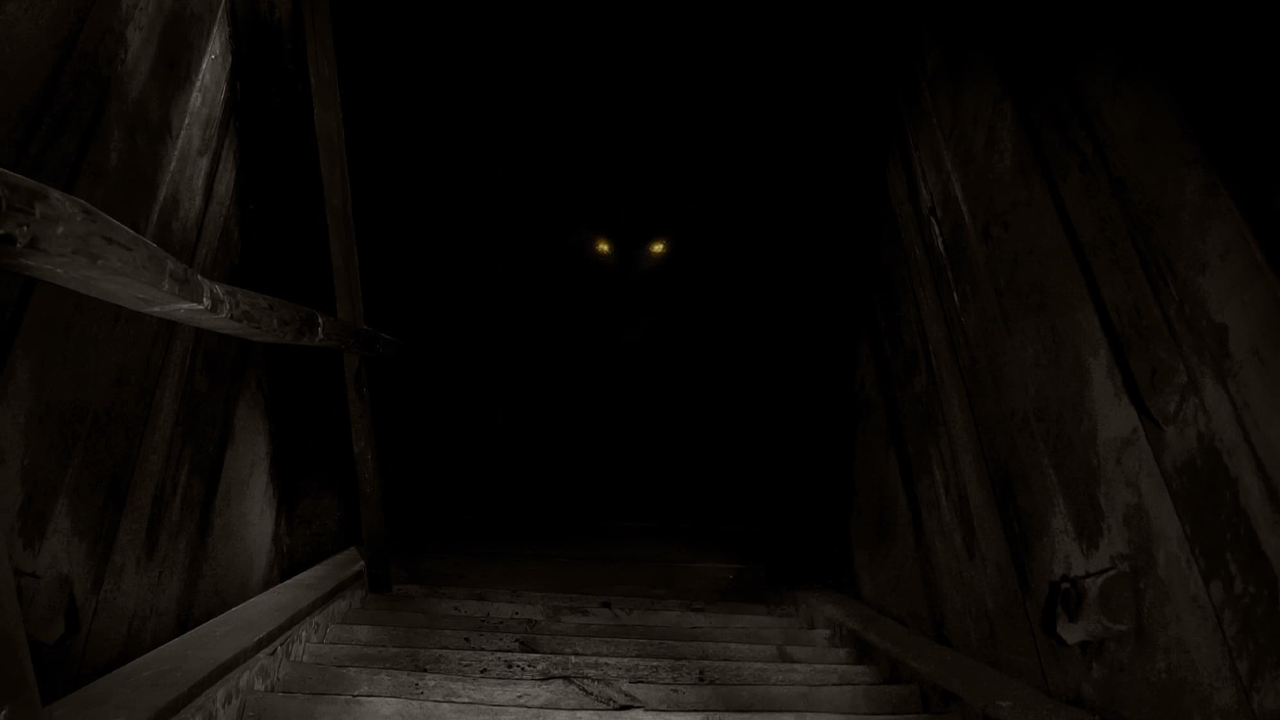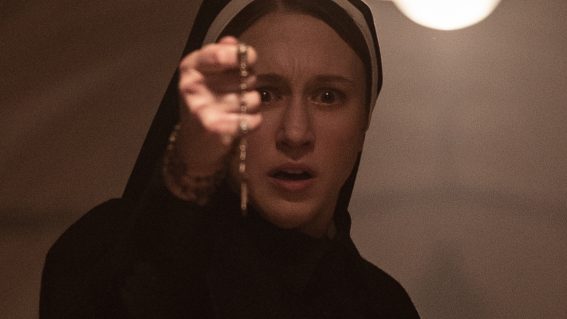The Boogeyman is the most generic Stephen King project ever

A very familiar thing that goes bump in the night won’t raise horror fans’ pulses: Eliza Janssen was unimpressed by The Boogeyman‘s lack of new ideas.
Before It, before The Shining, even before his debut novel Carrie, Stephen King published a short story with the same simple, evocative title as this film adaptation—released a neat 50 years after the tale’s first publication. It’s pretty much just a dialogue between a therapist and a traumatised father, whose children have all been slain by some sinister nocturnal element hiding within their closets and under their beds, where playground urban legends often dwell.
The patient can’t help but reveal some of his own domestic monstrosity as his account unfolds, so the nasty twist ending he gets feels fairly predictable. And yet, despite its basic scares and themes of twisted fatherhood that King would improve upon later, The Boogeyman short story is easily more thrilling than anything The Boogeyman film has to offer.
It’s directed by Rob Savage, who used social media as a lens of terror through the more inventive spooky movies Dashcam and Host. But the project feels more closely aligned with its screenwriting team’s A Quiet Place films, Scott Beck and Bryan Woods relying on the same sentimental formula of a sad lil family facing off against an evil that’s practically just an animate jumpscare. Their protagonists are the Harpers, dad Chris Messina and his daughters still reeling from the death of their mum—and for a therapist, jeez is Messina’s emotionally-constipated patriarch bloody useless at looking after his grieving kids. Yellowjackets standout Sophie Thatcher proves to be solid final girl material as sensitive teen Sadie, still wearing her mum’s clothes to savour her scent and weeping as she goes through old video tapes. I hope she appears in other, better horror movies soon.
The family is very, very sad, as the movie takes care to remind us constantly. The sudden suicide of Messina’s latest patient in their home only adds to the grimness, making the family unit a magnet for supernatural darkness. This is a cool and ripe idea in itself: that sadness leaves us vulnerable to escalating levels of pain. David Dastmalchian’s performance as the patient—a far more fragile, sympathetic character than the bastard in King’s story—immediately injects a shot of adrenaline into the film’s sleepy first act. He looks ready to crumble at the slightest sound, and particularly loses his shit at Messina’s slightly-ajar office door. Tearfully reciting lines from the original text, Dastmalchian raises the film’s stakes and dramatic value higher than they’ll ever reach again over the next 90 minutes.

Because once we get some good glimpses of “the thing that comes for your kids when you’re not paying attention”, it’s clear that Savage and his team are settling for the well-worn, unimaginative horror beastie we’ve seen in everything from The Babadook to Stranger Things to, again, the knobbly villains of A Quiet Place. Mr Boog has Slenderman’s lanky stature, lightning-fast CGI agility, and an aversion to light that’s never exploited in any especially clever way. By contrast, the It films weren’t perfect, but they were more deeply engaged with the dread of being a terrified kid facing a phantom threat without adult supervision. The Boogeyman’s derivative presence will make any viewer long for Pennywise’s demonic, shapeshifting playfulness.
The ghoulie goes for little sis Sawyer (Vivien Lyra Blair) first, meaning we get a good 40 minutes of everyone else telling her the glinting eyes and scuttling claws below her bed are just in her imagination. This is plausible in the real world, but it’s very dull to watch when you’ve already bought a ticket to a horror movie called The Boogeyman…we know he’s real! We’ve seen the poster!! Again, the drawn-out suspense wouldn’t be an issue if the road to the creature’s big, revelatory climax were paved with more than creepy kids’ drawings, and endless scenes of the fam moping over mum. Like oh yeah, she died, right? I almost forgot.

Thatcher’s journey to horror heroine is padded out with scenes of her very punchable “friends” bullying her for being too mournful, but even those moments will remind horror fans of Carrie’s superiority. Whatever is meant to be impactful here just reminds us of the horror films we should be revisiting instead, so it’s bizarre that the author himself has championed this C-tier effort as one of his favourite adaptations of his work. Savage has passed on King’s praise that 20th Century Fox would “be fucking stupid to release this on streaming and not in cinemas”, and yet the whole project feels precisely like some forgettable fright flick from 2006 you’d scroll past on any streaming service. Even the ironic rock song played over the credits feels out of place, unearned.
Ah, well: King was wrong in criticising Kubrick’s The Shining, too. We can admit he’s wrong about The Boogeyman.




















